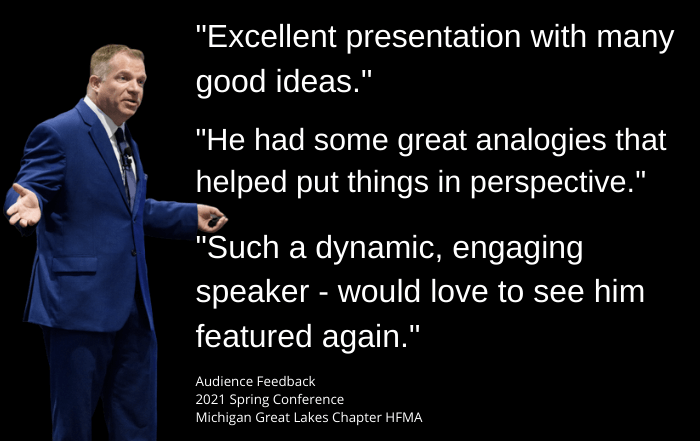 The day Starbucks couldn’t make coffee taught me several important business lessons. At the time, I was leaving a Target store and decided a coffee for the road would be a good idea. This Target featured a Target licensed Starbucks store.
The day Starbucks couldn’t make coffee taught me several important business lessons. At the time, I was leaving a Target store and decided a coffee for the road would be a good idea. This Target featured a Target licensed Starbucks store.
Perhaps the fact that there was no line was a sign that something was off. The barista greeted me and after I gave my order, she delivered some bad news.
“We can’t give you any coffee because we can’t find the filters,” she said.
Upon hearing this news, I backed out of the store and was able to get my coffee fix at a different Starbucks, about a mile away. While my coffee nightmare only lasted a few minutes, I did think about the challenge at the Target licensed store.
What happens to a business that is unable to perform its primary function? In this case, it was a loss of sales and hopefully some embarrassment for both Target and Starbucks.
It’s smart to consider how employees will respond to unusual or unexpected challenges. Consider these takeaways:
Starbucks Couldn’t Make Coffee Because of Filters
Whether the store had run of filters or just couldn’t find them, a simple piece of equipment that costs pennies prevented sales worth dollars. While there may be something special or proprietary about Starbucks coffee filters, I couldn’t help thinking that the Starbucks was in a Target, a place where lots of coffee filters are sold.
It didn’t seem anyone had considered buying some. Also, it didn’t sound like any effort had been made to get in touch with someone who might know the location of the filters.
When there’s a problem in your business, do employees just throw up their hands and stop working or do they try to come up with a solution? Let training take the mystery out of the situation.
Share a Solution with a Problem
The barista may have had a training gap because she seemed to believe that if I couldn’t get coffee from her, then I would have no use for the store.
While that may have been true, Starbucks sells other products. There was no attempt to use the filter problem as an opportunity to promote them.
I might not have been sold on a different purchase but you never know how people will react to inconvenience.
For instance, I might want to see a movie at 2 p.m. When I get to the theater, the ticket agent tells me that while that show is sold out, would I like to go to the 2:45 p.m. show? In this instance, sacrificing 45 minutes is worth it and I’d buy the ticket.
Do your employees think about potential solutions or customer options when something goes wrong? Or do they panic? Options empower during a crisis.
Fix the Leak in the Cup
In a situation where Starbucks couldn’t make coffee, I’m guessing there was some sort of breakdown in training. Perhaps, the filters are kept in a super-secret place. It’s possible the last filter was used and there was no system in place to alert people when they were running low.
Running out of filters may be a sign the store was selling a tremendous amount of coffee. That’s great, as long as your supplies can keep up with demand.
If you’re a leader, it’s important to figure out what happened, take steps to make sure it won’t happen again at that store, and decide whether it’s a potential problem for other stores. Create policies that prevent problems from spreading like a virus.
Every business has its share of logistical and branding nightmares. How you react to them will play a big role in your success.






